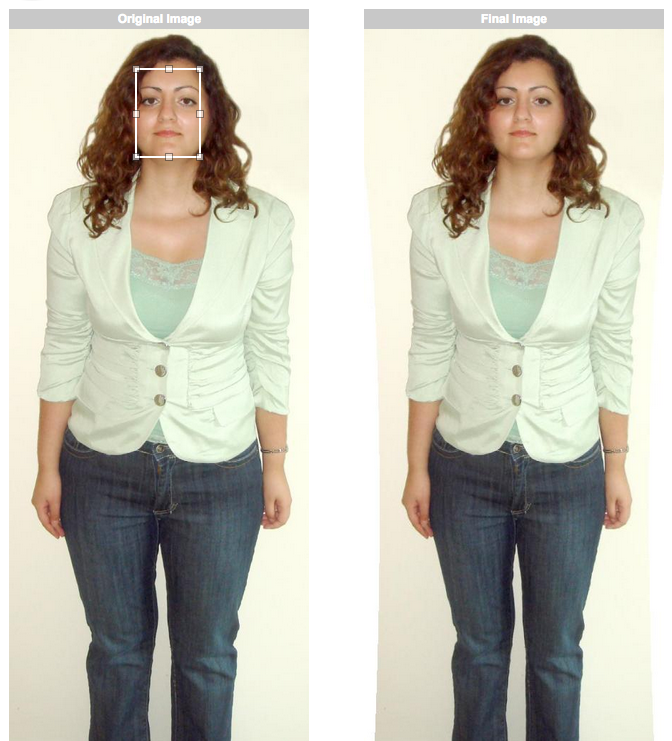Revolutionizing our understanding of ourselves
So much is known about our environment and our physiology. But what about our minds? Have you ever wondered why you ate that cake when you knew you should have picked the healthier option, an apple? Or why do you favor certain brands over others? Or why you were able to quickly learn how to read but couldn’t connect with math?
The Human Behavior Laboratory can help answer questions like these, and give us groundbreaking insights into our health, education, and marketing tactics. The lab can quickly and accurately collect biometric data, including eye-tracking, facial expression analysis (reading emotions), neural signals (electroencephalography), galvanic skin response (GSR), and heart and respiration rates. The result is a greater understanding of how context and emotions influence human behavior.
Catapulting Texas A&M social sciences forward
The lab brings together leading scientists from many disciplines, bound together through a common interest: human behavior. This is a game-changing investment for Texas A&M social sciences, launching cutting-edge research, interdisciplinary collaboration, unique high-impact learning experiences, and competitiveness for external funding.
Key fields where emotions play a significant role in decisions include economics, marketing, entrepreneurship, leadership, computer science, nutrition, conflict resolution, group dynamics, education, financial planning, sociology, and political science, just to name a few. If you are a researcher, professor, or graduate student at Texas A&M interested in using the lab, please contact us.
Research
Humans are not the rational decision-makers we tend to believe we are. We like to think we use logic, reason, and well-disciplined intellectual processes.
Turns out, we don’t.
All of the facts and reasons and intentions play into our decisions, but ultimately, that information intertwines with our conscious or subconscious emotions, making the study of human behavior a complex task.
Traditional behavior research methods rely on self-reporting, for example, a researcher may interview a subject to ask why certain decisions were made. Physiological data – heart rate, perspiration, and eye movements – can unveil behavioral phenomena our conscious minds may deny, distort, or completely fail to register.
The application of this technology is virtually limitless, which is why we are excited to partner with nearly 100 researchers, professors, and graduate students across the Texas A&M University System.
While we can’t list all of our research here, we can provide a few highlights.
Goal Setting
 Ever wonder why some wellness regimes work for some people but not for others? In a recent study, we found that setting multiple small goals can help people achieve a single, larger goal.
Ever wonder why some wellness regimes work for some people but not for others? In a recent study, we found that setting multiple small goals can help people achieve a single, larger goal.
The study required participants to watch a video about eating right and exercising. Then, they had to look at a manipulated picture of themselves minus 20 pounds. At the end, they were asked to choose and eat a snack.
Those closer to their goal weight generally chose a healthy snack and those farther from their goal weight generally chose an unhealthy snack. Through the use of behavioral biometrics data, researchers were able to see a distinct difference in mood in those who choose the unhealthy snack.
Self-Control: Skill, Knowledge, or Perishable Resource?
The self-control literature suggests three main models with contradictory predictions. By perceiving self-control as knowledge, skill, or perishable resource, those models report a positive, neutral, and negative impact, respectively, of an initial self-control act on subsequent self-control ability. Using biometric data to monitor compliance enabled us to develop a unified self-control model, reconciling the diverging results in the literature. We find evidence of a dual impact of an initial self-control act on subsequent self-control ability. Specifically, while an initial moderate self-control act enhances subsequent self-control ability, exerting self-control beyond a certain thresh-old causes fatigue-reducing subsequent self-control ability.
To view our research more in-depth, check out our publications.